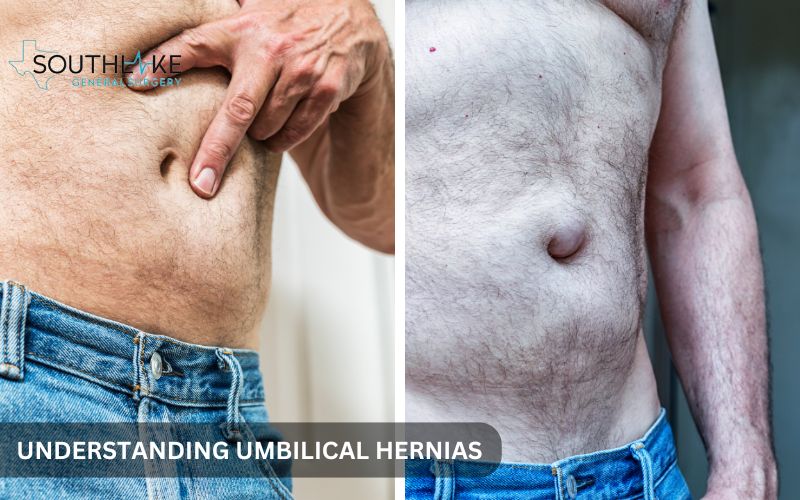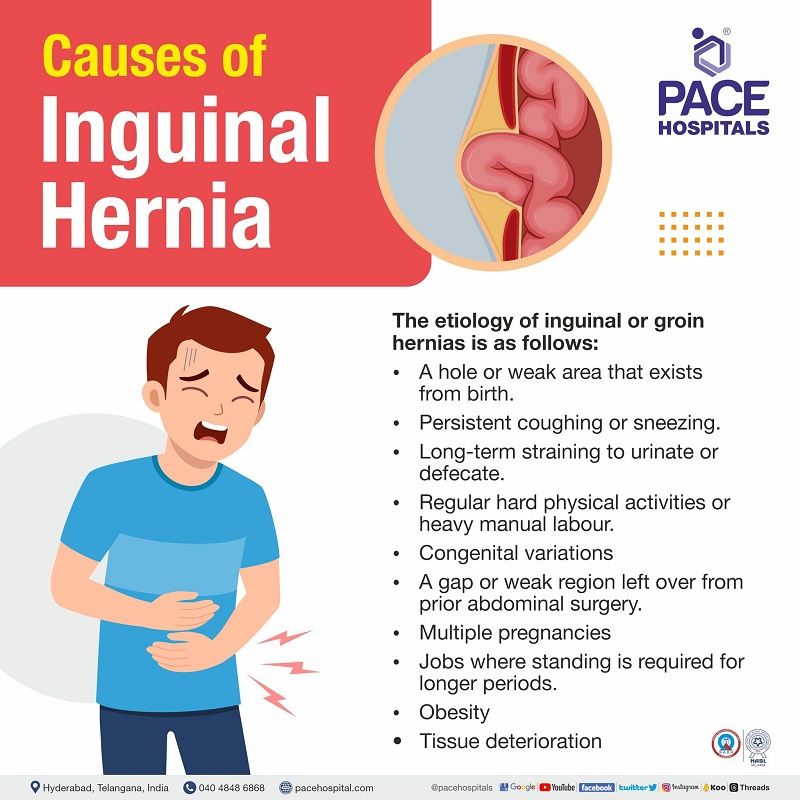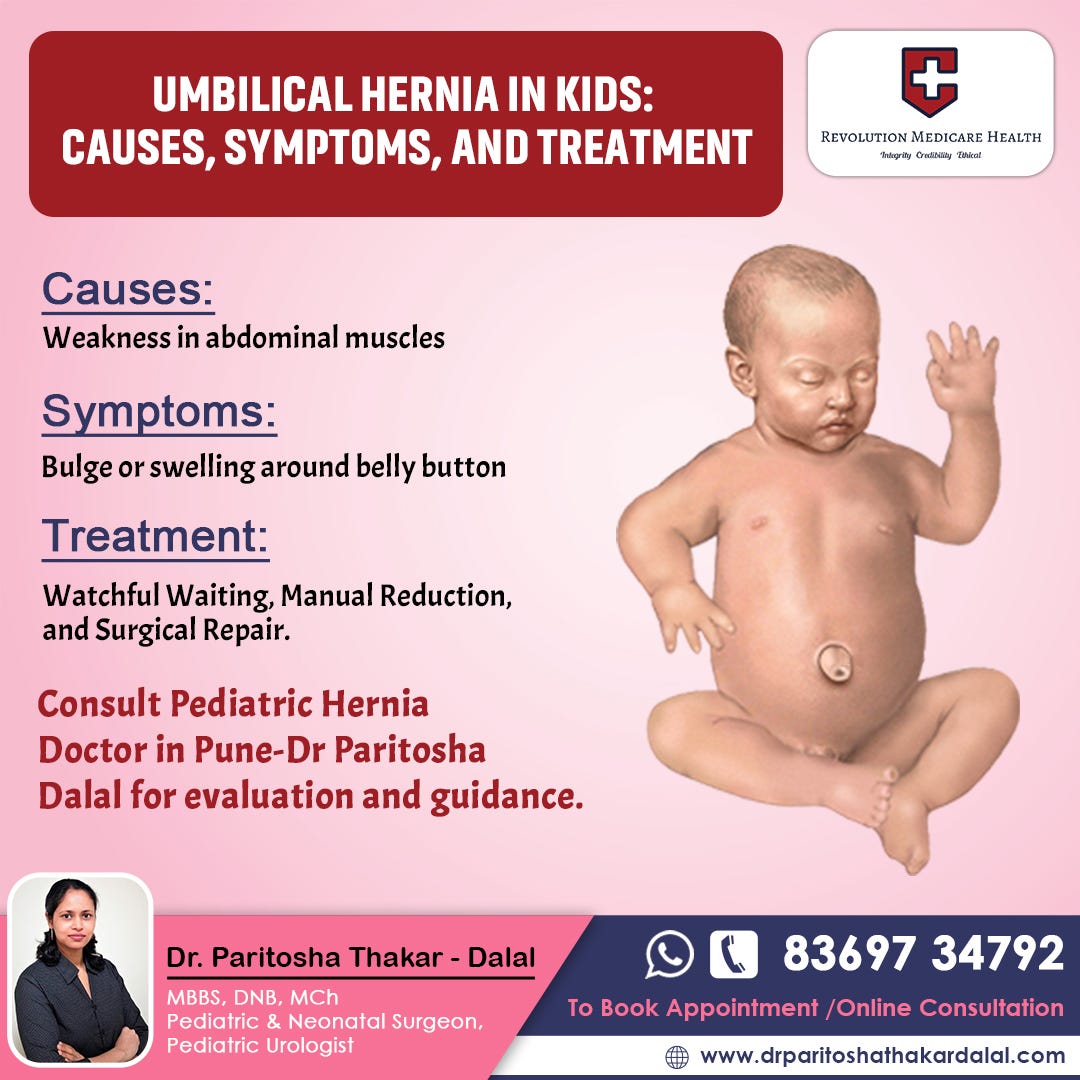Can An Umbilical Hernia Cause Weight Gain

Imagine a tiny button, stubbornly popping out from the otherwise smooth surface of a child’s belly. It might be a source of playful curiosity, a gentle poke and prod from loving fingers. But for some adults, this little protrusion can be a cause of concern, not just aesthetically, but perhaps also triggering worries about weight gain.
The central question we're addressing is whether an umbilical hernia can directly cause weight gain. While an umbilical hernia itself doesn't directly cause weight gain, it can contribute to discomfort and reduced physical activity, potentially leading to weight gain indirectly. Let’s delve into the complexities of this condition, separating fact from fiction and providing clarity for those seeking answers.
Understanding Umbilical Hernias
An umbilical hernia occurs when a portion of the intestine or abdominal tissue pushes through a weak spot in the abdominal muscles near the belly button. This weak spot is often a result of the incomplete closure of the umbilical ring after birth. While common in infants, umbilical hernias can also develop in adults due to factors such as obesity, pregnancy, chronic coughing, or straining during bowel movements.
For infants, most umbilical hernias close on their own within the first few years of life. However, adult umbilical hernias often require surgical intervention to repair the weakened abdominal wall. Understanding the underlying causes and mechanics of an umbilical hernia is crucial to addressing concerns about its potential impact on weight.
The Link Between Hernias and Weight
The direct cause-and-effect relationship between an umbilical hernia and weight gain is often misunderstood. Hernias, by themselves, don't add significantly to a person's weight. The protrusion you see is primarily tissue that was already present within the abdomen.
However, the discomfort associated with a hernia can indirectly influence a person’s activity level. Pain or a feeling of fullness can make exercise less appealing. This decreased physical activity, coupled with unchanged dietary habits, can indeed lead to weight gain over time.
According to the National Institute of Diabetes and Digestive and Kidney Diseases (NIDDK), maintaining a healthy weight can help prevent certain types of hernias and reduce the risk of complications. While the hernia itself doesn't *cause* the initial weight gain that may contribute to its development in adulthood, it can exacerbate the problem. A vicious cycle may ensue where the hernia causes discomfort, leading to less activity, further weight gain, and potentially a worsening of the hernia symptoms.
The Role of Pain and Discomfort
The severity of symptoms associated with an umbilical hernia varies considerably. Some individuals experience minimal discomfort and may not even be aware they have a hernia. Others, however, suffer from significant pain, especially during physical exertion or when lifting heavy objects.
This pain can be a significant deterrent to exercise. Someone experiencing persistent pain is less likely to engage in activities like jogging, swimming, or even brisk walking. Over time, this reduction in physical activity can contribute to a calorie surplus, resulting in weight gain.
Moreover, the pain and discomfort may affect sleep quality. Disrupted sleep can impact hormone regulation, potentially leading to increased appetite and cravings for unhealthy foods. These hormonal changes can further contribute to weight gain, indirectly linked to the initial presence of the hernia.
Potential Complications and their Impact
While rare, serious complications like incarceration and strangulation can occur with umbilical hernias. Incarceration happens when the protruding tissue becomes trapped and cannot be pushed back into the abdomen. Strangulation occurs when the blood supply to the trapped tissue is cut off.
These complications require immediate medical attention and surgery. Following such procedures, recovery often involves a period of reduced physical activity. During this time, it's crucial to manage caloric intake to prevent unwanted weight gain.
According to the American College of Surgeons, early diagnosis and treatment of umbilical hernias can help prevent these more serious complications. This proactive approach can minimize the potential for prolonged periods of inactivity and reduce the risk of weight gain associated with recovery.
Addressing the Concerns: A Holistic Approach
Managing an umbilical hernia effectively involves a multi-faceted approach. It's crucial to consult with a medical professional for proper diagnosis and treatment recommendations. For many adults, surgical repair is the most effective solution.
Beyond surgical intervention, lifestyle modifications play a vital role. Maintaining a healthy weight through balanced nutrition and regular exercise is essential. Even before surgery, gentle exercises, as recommended by a physical therapist, can help strengthen abdominal muscles and improve overall fitness.
Consider seeking guidance from a registered dietitian. A dietitian can help create a personalized meal plan that promotes weight management. They can also help address any nutritional deficiencies that may be contributing to weakness in the abdominal muscles.
Furthermore, stress management techniques like yoga or meditation can be beneficial. Stress can contribute to unhealthy eating habits and reduced physical activity, so managing stress levels can indirectly support weight management efforts.
Separating Fact from Fiction
It’s important to reiterate that an umbilical hernia doesn't *directly* cause weight gain. Instead, it's the associated discomfort and reduced physical activity that can indirectly contribute to weight gain. Focusing on healthy lifestyle choices and seeking appropriate medical care are the keys to managing this condition effectively.
Don't fall prey to misinformation or exaggerated claims. Consult credible sources like the Mayo Clinic or the Cleveland Clinic for accurate information about umbilical hernias and related health concerns. Knowledge is power, and understanding the nuances of this condition empowers you to make informed decisions about your health.
Ultimately, addressing the concerns surrounding umbilical hernias and weight gain requires a comprehensive and proactive approach. By understanding the underlying mechanisms, seeking appropriate medical care, and adopting healthy lifestyle habits, individuals can effectively manage this condition and maintain a healthy weight. Remember, the power to take control of your health lies within you.





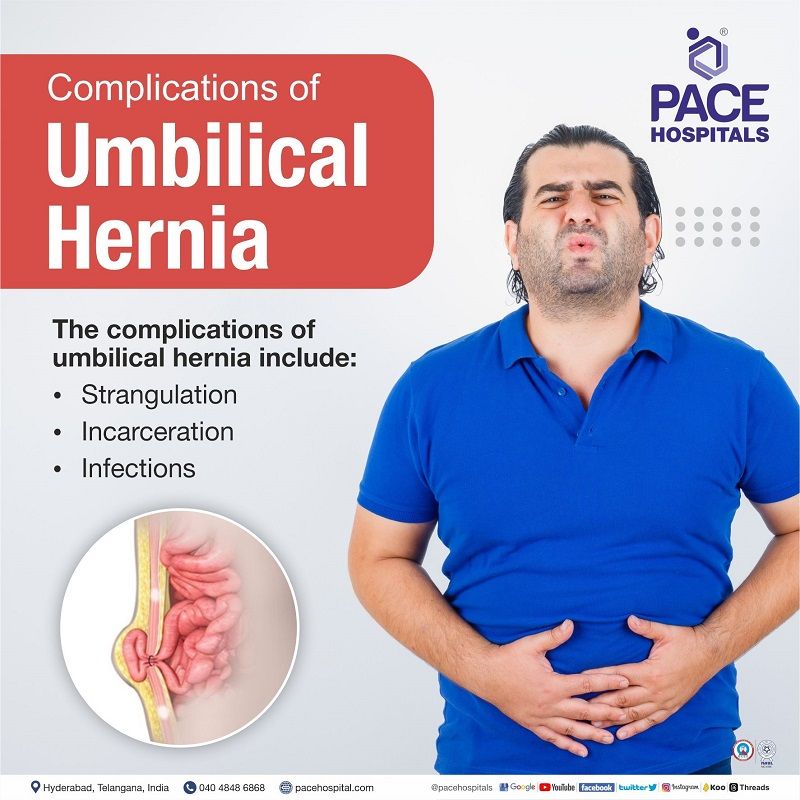



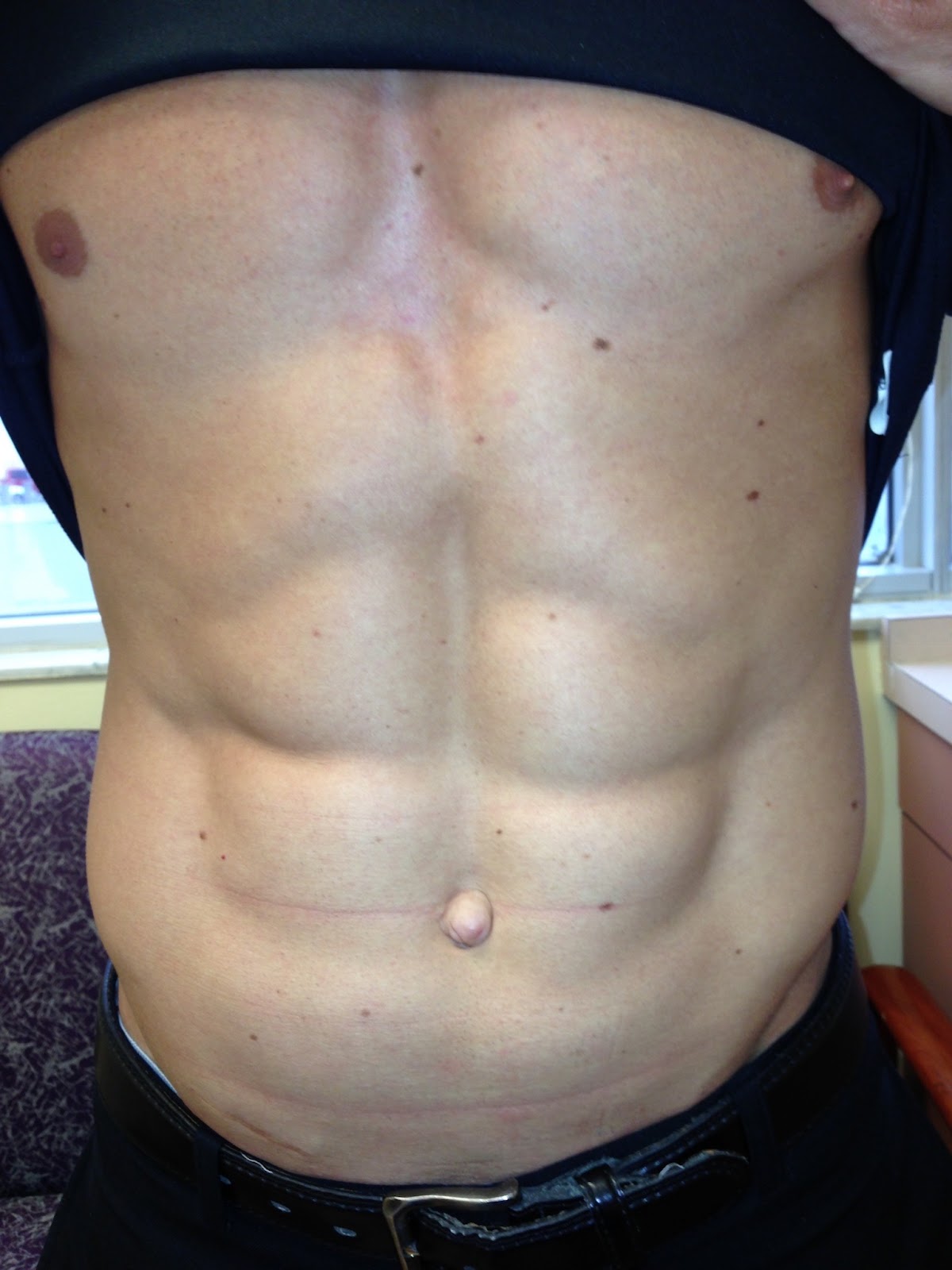
:max_bytes(150000):strip_icc()/UmbilicalHernia-IdentifyingSymptomsandWeighingSurgery-final-13fa51b8d4284b24ad0cfe68eb8a18fd.png)
